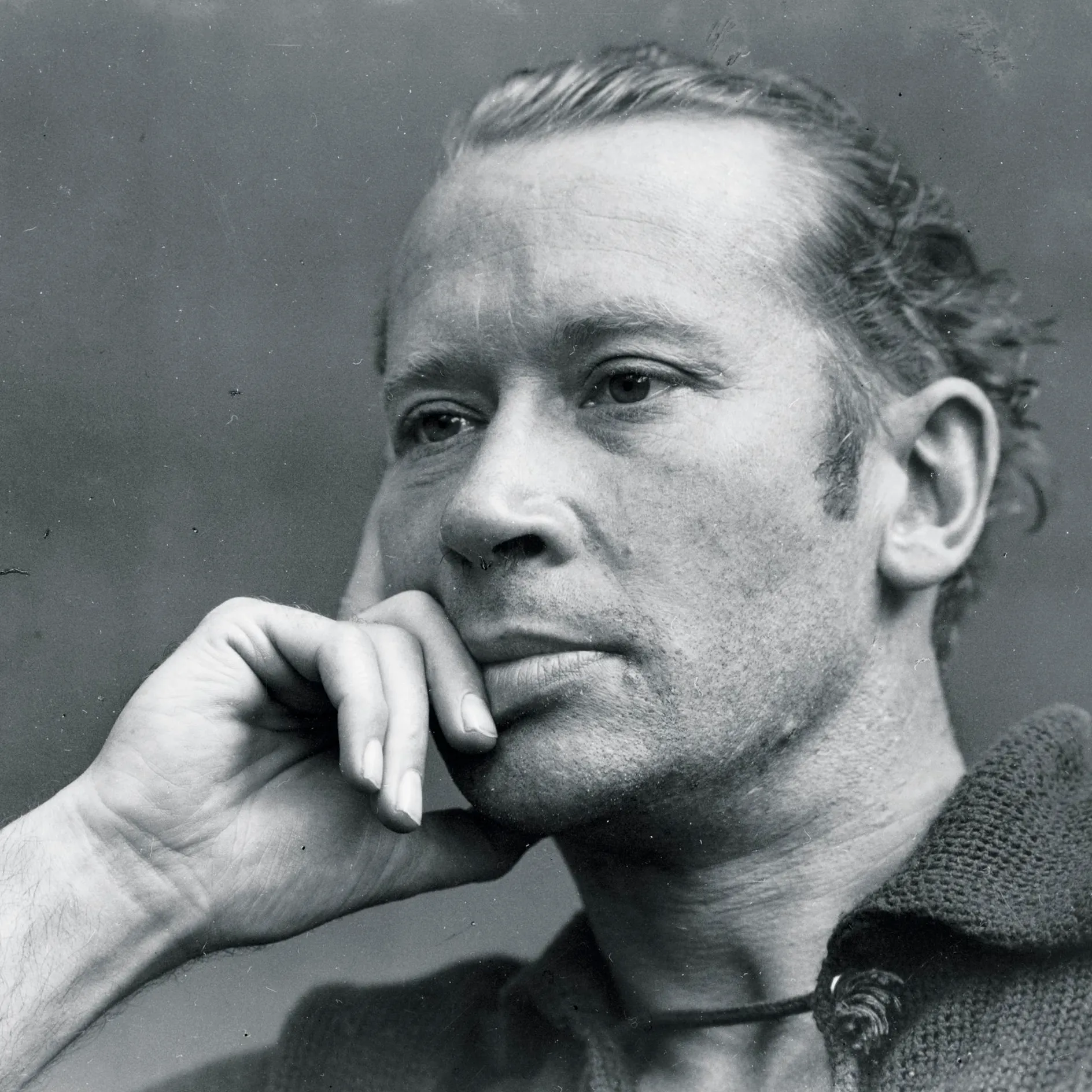love is more thicker than forget
more thinner than recall
more seldom than a wave is wet
more frequent than to fail
it is most mad and moonly
and less it shall unbe
than all the sea which only
is deeper than the sea
love is less always than to win
less never than alive
less bigger than the least begin
less littler than forgive
it is most sane and sunly
and more it cannot die
than all the sky which only
is higher than the sky
Published:
1926
Length:
Shorty
Literary Movements:
Modernism
Anthology Years:
2022
Themes:
Joy & Praise
Love & Relationships
Literary Devices:
Anaphora
a figure of speech in which words repeat at the beginning of successive clauses, phrases, or sentences
End Rhyme
when a poem has lines ending with words that sound the same
Enjambment
a line break interrupting the middle of a phrase which continues on to the next line
Paradox
a situation that seems to contradict itself
Quatrain
A stanza made of four lines.

